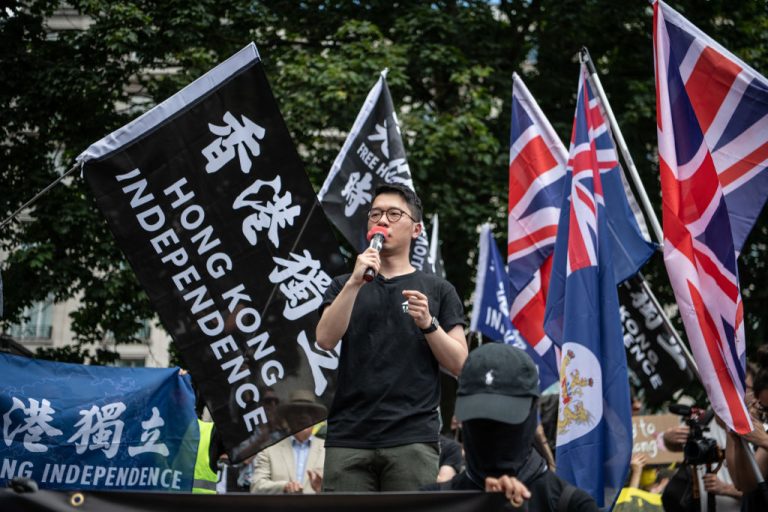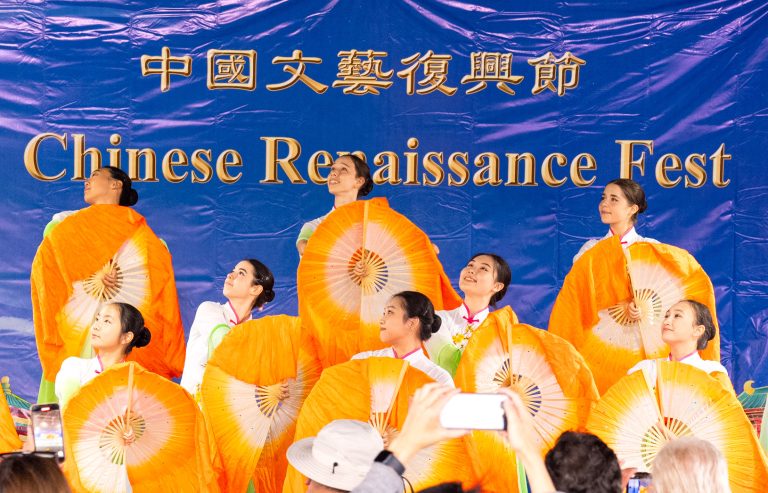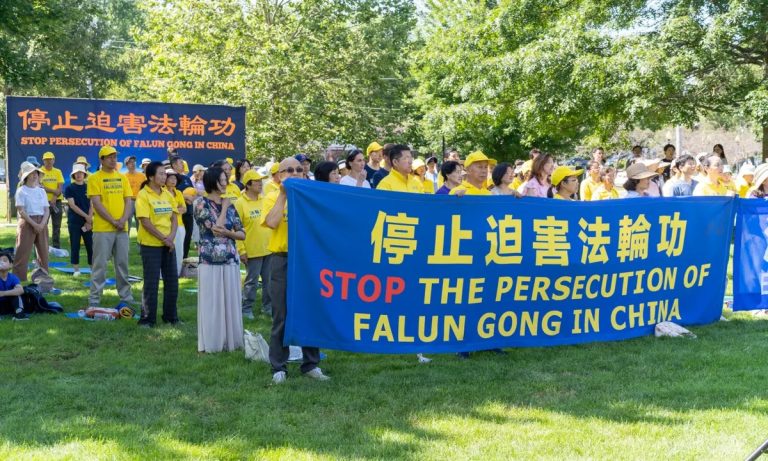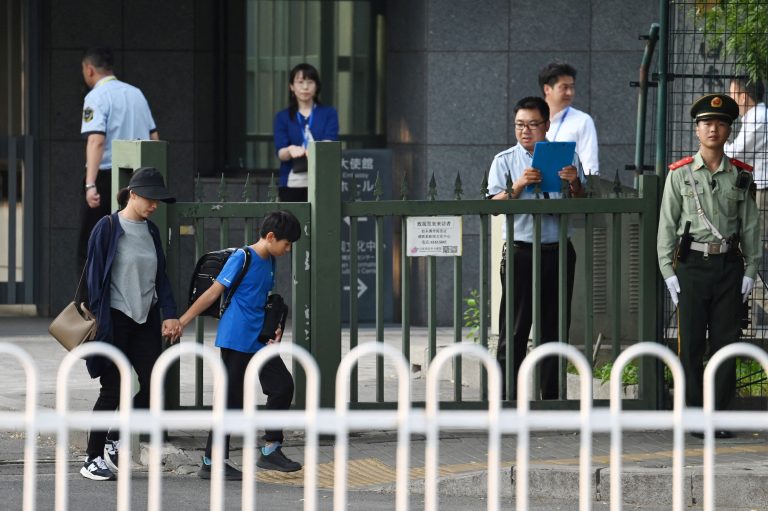On Nov. 27, exiled Hong Kong activist Nathan Law was called to return home to Hong Kong and answer to authorities through a post on social media supposedly written by his own brother. With his family questioned and a huge bounty on his head, Law is one of several activists targeted by the city’s communist leadership.
The post on Instagram was allegedly written by Nathan Law’s brother, Law Kwun-peng, who has been described as “a patriotic Chinese, born and bred,” and who accused Nathan Law of “allegedly advocating ‘independence’” from abroad; a common tactic by the Chinese Communist Party (CCP) to harass political opponents. It called for Nathan to “go back home and face up to everything.”
However, despite the account being created many years ago, it had been inactive until three weeks ago, right as a wave of Chinese disinformation flourished. The post was later shared via pro-Beijing media.
It is unclear if the post was actually penned by Law’s brother, or if communist authorities had coerced him into writing the post.
Responding to Radio Free Asia’s (RFA) request for comment, Law declined, saying only, “I don’t know and have no comment.”
Success
You are now signed up for our newsletter
Success
Check your email to complete sign up
Nathan Law currently resides in the UK and severed ties with his family in Hong Kong in 2020 in a bid to ensure their safety. However, they were brought in for questioning by Hong Kong authorities in July, who were aiming to find Law and seven other wanted activists to prosecute under the National Security Law (NSL).
A statement by the Hong Kong police at the time read that they “took away two men and a woman for investigation” from the island of Lantau, presumably for suspicion of assisting a wanted person who threatened national security, SCMP wrote.
“It really shows that Beijing has been determined to continue to deteriorate Hong Kong’s freedom,” Law said according to France24.
Should Law return to the city, he would face a police warrant and a bounty of $1,000,000 Hong Kong dollars ($128,000).
READ MORE:
- Soaring Numbers of Chinese Nationals Arrested at US Southern Border as Communist Party Intensifies Oppression
- Family of Washington-based Student Activist Targeted By Chinese Authorities
- Mass Trials and Bounty Hunts of Overseas Chinese Activists Sparks Concern at UN
The CCP’s hunt for opposition
Amongst the other overseas political targets, lawmaker Ted Hui, who has filed for bankruptcy following the freezing of his assets after leaving Hong Kong, and is reportedly overwhelmed by legal fees. His legal fees are likely linked to lawsuits he made against Hong Kong authorities.
One lawsuit alleges the firing of live rounds at protesters in 2019, and another requests information concerning the ingredients used to make the tear gas fired at protesters.
“This bankruptcy application is extremely unreasonable because I am not insolvent,” Hui said., adding that, “The amount I left with the Hong Kong law firm for litigation purposes is higher than the amount [of outstanding legal fees] stated in the Hong Kong government’s bankruptcy application.”
“The Hong Kong government continues to pursue, harass and suppress me politically,” he added, and referred to China’s “long-arm” enforcement activities as “a new form of transnational repression” against overseas dissidents.
“I’m worried that [Nathan Law’s] family may not even be allowed to leave [Hong Kong],” current affairs commentator Sang Pu said, and referred to Law’s family as political “hostages.”
“This isn’t about the law — it’s more about using Cultural Revolution-style struggle session tactics to undermine family ties of love, affection and trust,” Sang said, adding that, “This is the Communist Party’s modus operandi, and now it has arrived in Hong Kong.”
“The Hong Kong government is using methods similar to those used in mainland China, which is of course a form of transnational repression,” Chung Ching Kwong, Hong Kong Campaigns Coordinator for the Inter-Parliamentary Alliance on China, said.
“Everyone’s going to be more worried now about their property back in Hong Kong.”







